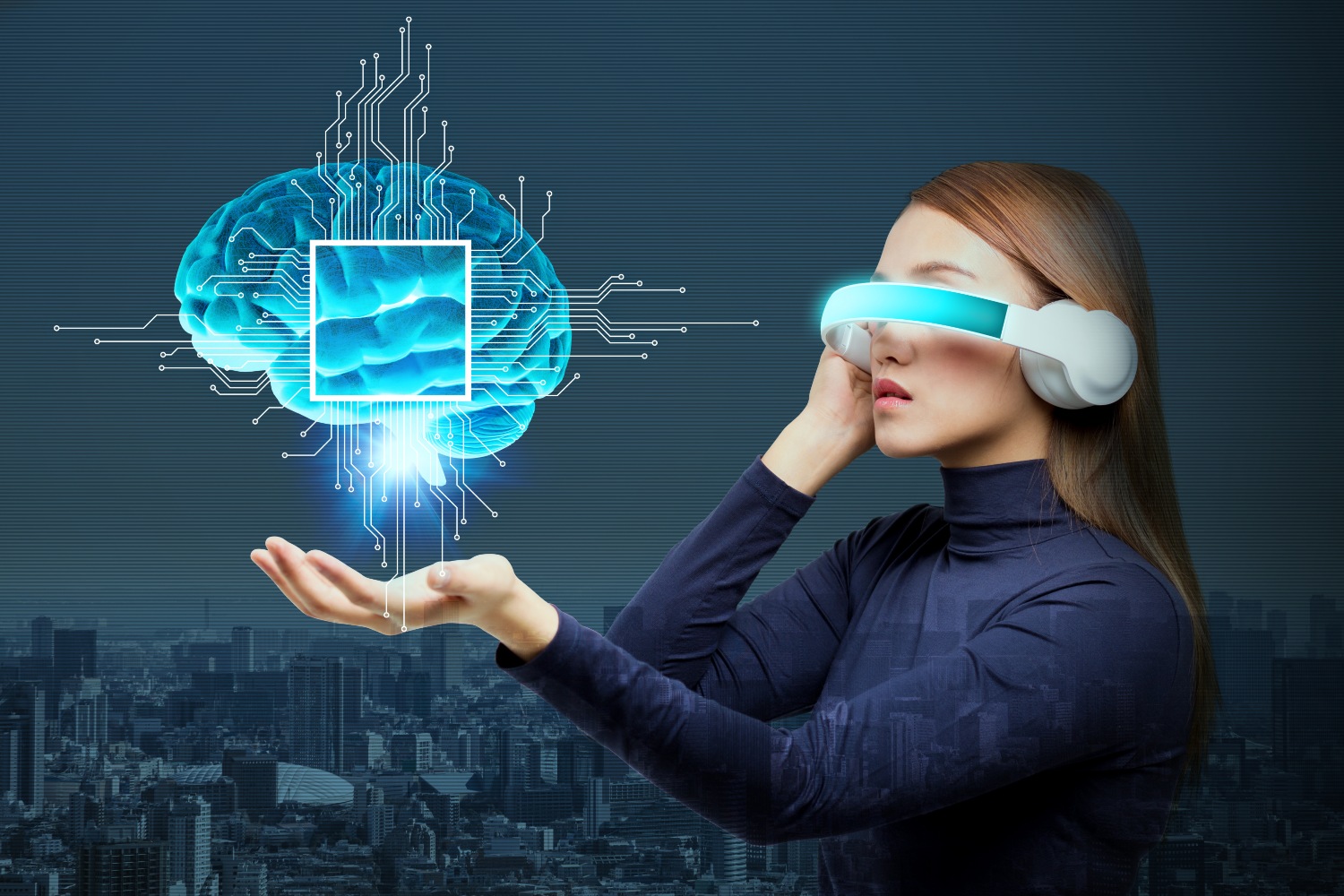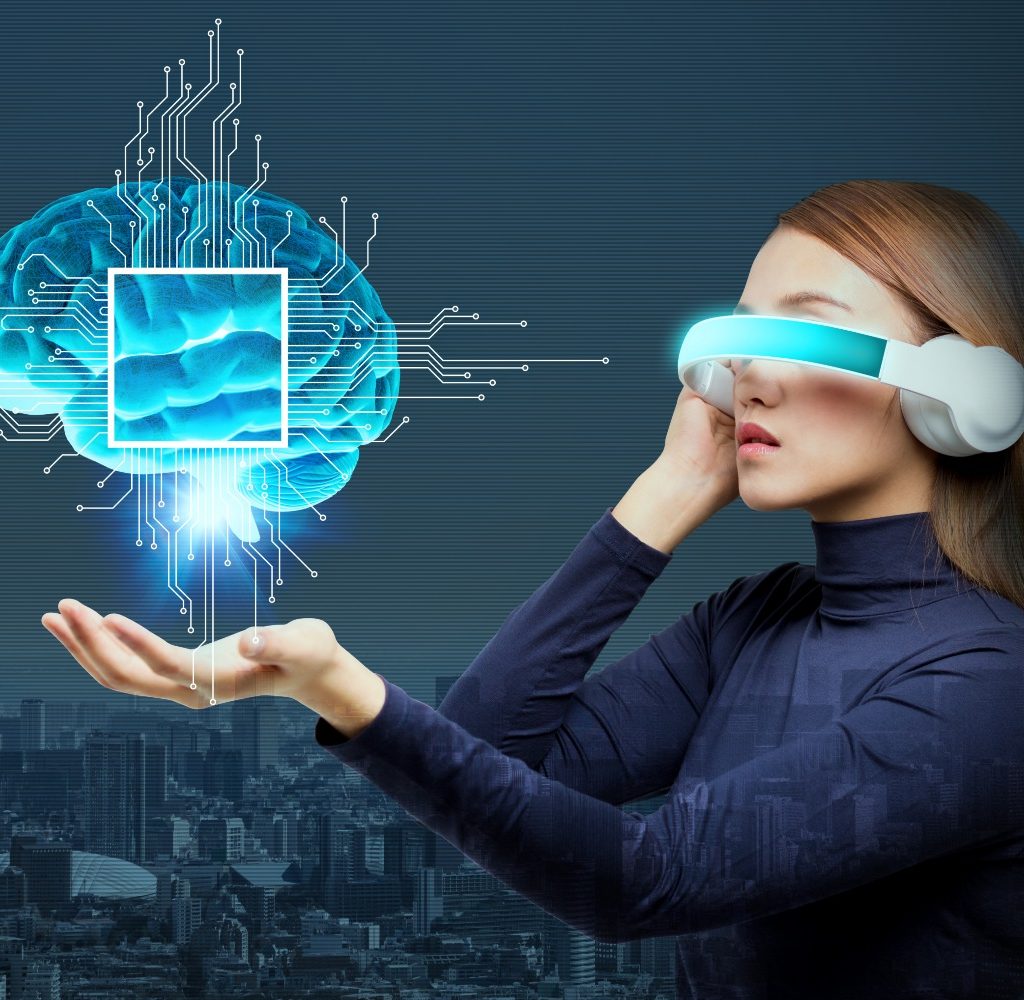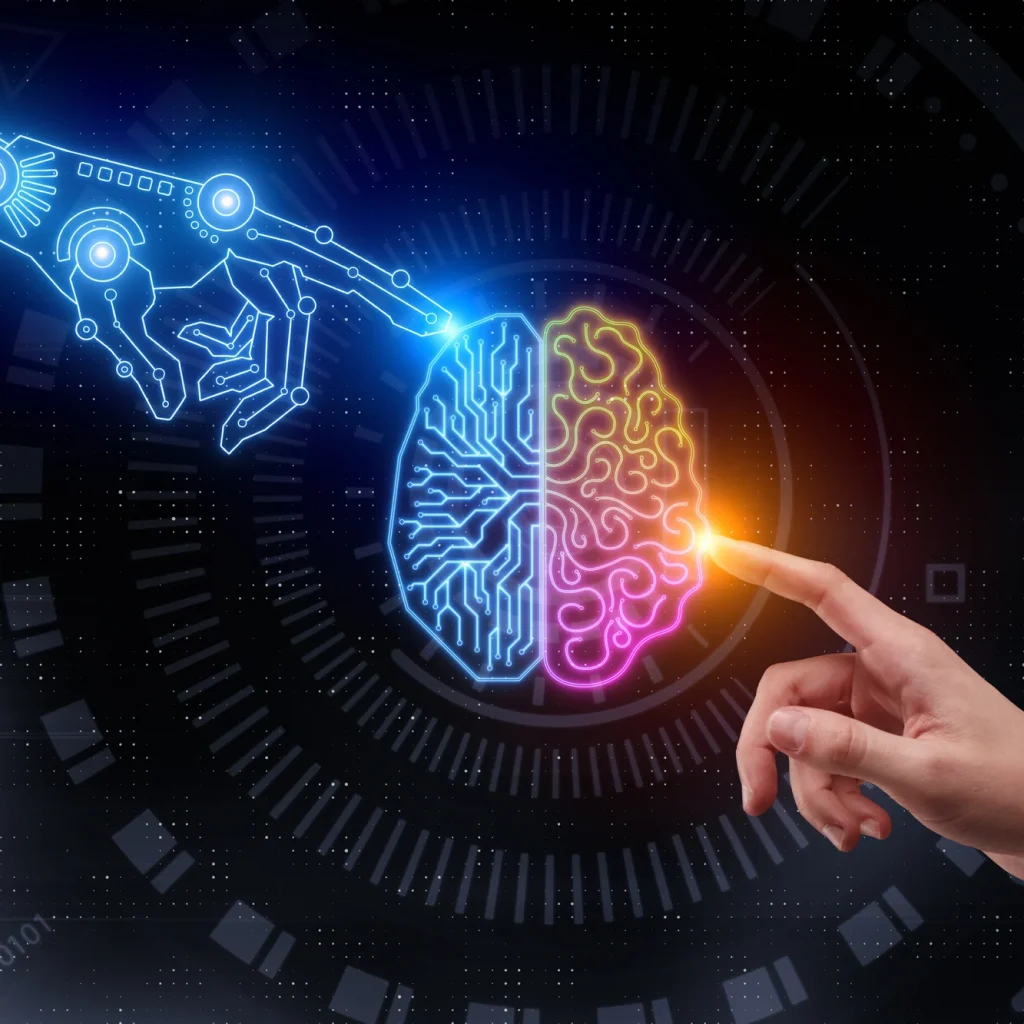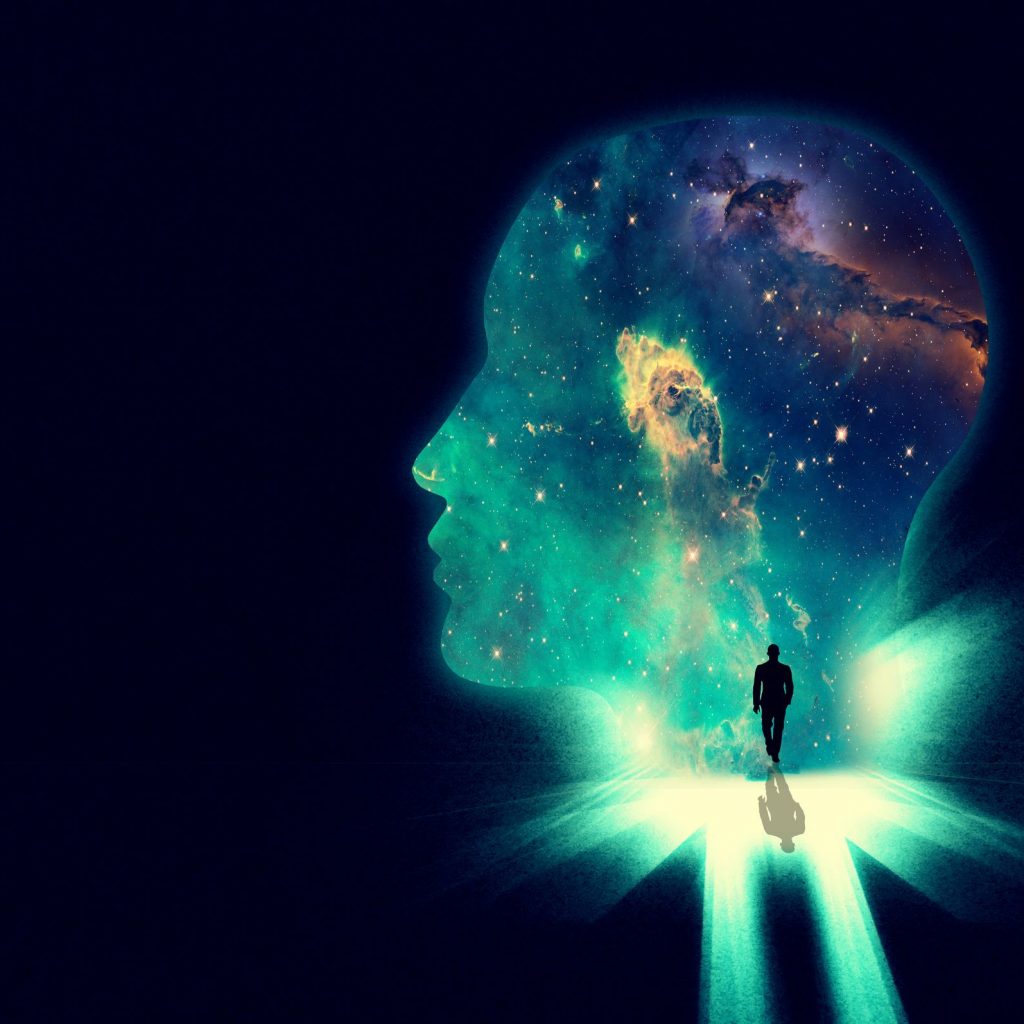

In recent years, virtual reality (VR) technology has transcended its status as a mere entertainment tool and emerged as a powerful medium with profound implications for human psychology and behavior. As we delve into the immersive realms of virtual environments, it’s essential to understand the intricate interplay between VR and the human mind. Join us as we explore the psychology of virtual reality and unravel its fascinating effects on cognition, emotions, and perception.
Virtual reality has the remarkable ability to transport us to alternate realities, where the boundaries between the physical and digital worlds blur into insignificance. Within these immersive environments, our senses are tricked into perceiving synthetic stimuli as real, leading to a profound psychological experience unlike any other.
At the heart of the VR experience lies the concept of presence—the feeling of “being there” in the virtual environment. Through a combination of sensory inputs, immersive graphics, and interactive elements, VR technology creates a sense of presence that can evoke powerful emotional responses and alter our perception of space and time.

One of the most compelling aspects of virtual reality is its ability to evoke intense emotional responses. Whether it’s the exhilaration of scaling a virtual mountain peak or the terror of facing a virtual monster, VR experiences can elicit a wide range of emotions that feel remarkably authentic and immersive.
Beyond mere entertainment, virtual reality holds immense potential as a tool for learning and cognitive enhancement. Studies have shown that immersive VR experiences can improve memory retention, enhance spatial reasoning skills, and facilitate experiential learning in ways that traditional methods cannot replicate.
In the virtual world, our perceptual systems are constantly challenged and manipulated, giving rise to perceptual illusions that defy our conventional understanding of reality. From visual distortions to auditory hallucinations, VR experiences can alter our sensory perceptions in fascinating and sometimes unsettling ways.
As virtual reality becomes increasingly pervasive, it raises important ethical questions about the implications of our actions within virtual environments. How do we reconcile our virtual behaviors with our real-world morals and values? What are the potential consequences of blurring the lines between virtual and physical realities?
As we venture further into the virtual frontier, it’s clear that virtual reality has the power to shape our minds, behaviors, and societies in profound ways. From enhancing our understanding of human cognition to challenging our ethical frameworks, VR technology presents both promise and peril on the path to unlocking the mysteries of the human psyche.
